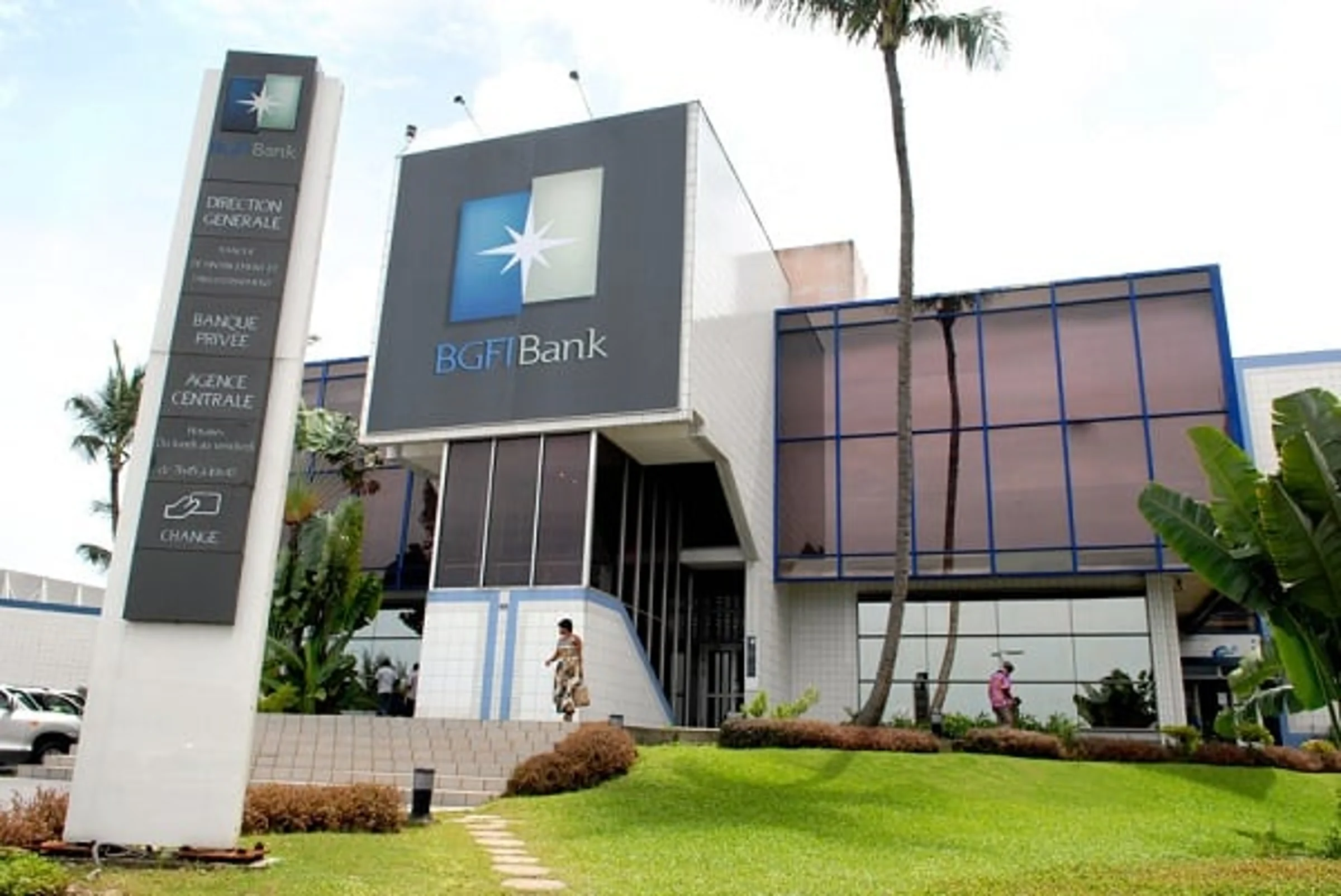Central Africa’s economy treads a delicate path, balancing monetary stability, historical ties, and aspirations for autonomy. At the heart of this discourse lies the Franc CFA, a common currency across 14 countries. In this exploration, we delve into its impact on regional trade, weigh its advantages, and confront the challenges. As reforms unfold and future prospects emerge, we sketch a portrait of a region seeking economic equilibrium. In this comprehensive article, we’ll delve into key figures, the impact of the Franc CFA, and future outlooks.
Origins and Evolution of the Franc CFA
The Franc CFA, established in 1945, served as the common currency for both Central and West African nations. Key points include:
- Monetary Stability:
- The Franc CFA brought monetary stability to the region. Its fixed exchange rate with the euro (formerly the French franc) facilitated trade with France and other European partners.
- However, critics argue that this stability came at the cost of reduced monetary sovereignty.
- International Credibility:
- Pegging the Franc CFA to the euro enhanced its international credibility. Investors found reassurance in this fixed parity.
- Yet, this credibility also meant relinquishing control over monetary policy.
Economic Impact in Central Africa
Advantages of the Franc CFA
- Intra-Zone Trade Facilitation:
- Member countries of the Economic and Monetary Community of Central Africa (CEMAC) could trade more seamlessly due to a common currency.
- This bolstered regional economic ties.
- Controlled Inflation:
- Average inflation in the region hovers around 3%. The Franc CFA contributed to price stability.
- Businesses and households benefited from predictability.
Challenges and Criticisms
- Historical Dependence:
- France’s management of the Franc CFA limits monetary sovereignty for African nations.
- Some view the Franc CFA as a neocolonial relic.
- Competitiveness and Economic Transformation:
- The fixed exchange rate with the euro may hinder competitiveness on global markets.
- Reliance on raw materials exposes these countries to price volatility.
Reforms and Future Prospects
- Name Change: “Eco”:
- In 2020, France and the Franc CFA zone announced reforms, renaming the currency to the “Eco”.
- This reform aims to enhance monetary autonomy while preserving stability.
- Diversification:
- Central African countries must diversify beyond raw materials.
- Strategic investments in infrastructure (roads, energy, telecommunications) are crucial for sustained growth.






